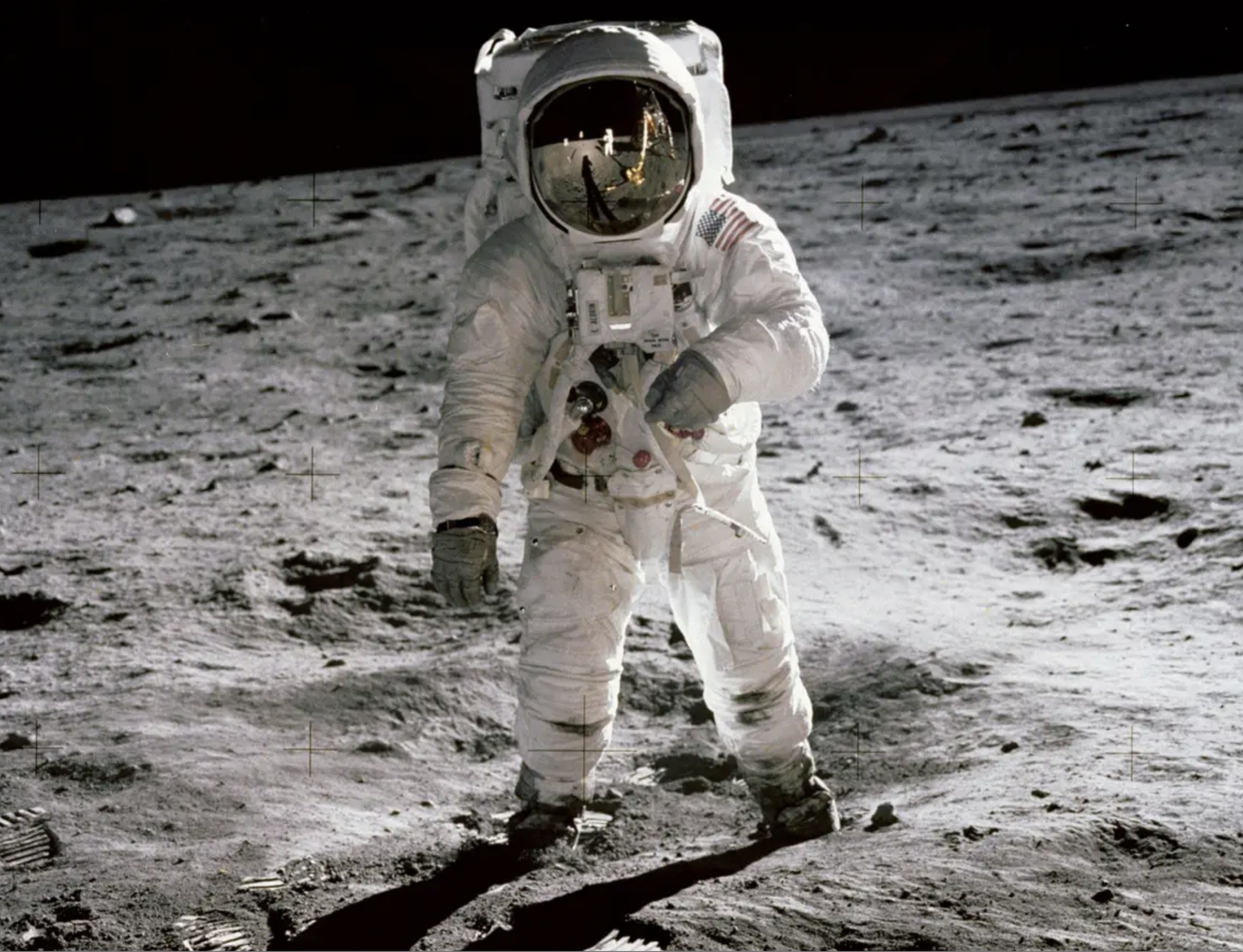The Story Juke Box: Recognising the Positive Power of Humour in the Workplace
Wurlitzer Phonograph Jukebox Advertisement – 1951
'Among those whom I like or admire, I can find no common denominator, but among those whom I love, I can; all of them make me laugh.'
W H Auden
A few times a year I have lunch with five former colleagues. Old friends, we discuss developments in our home lives and careers; recent holidays and overseas adventures; contemporary politics, sport and culture.
We also spend a good deal of the afternoon reminiscing about work. We remember much-loved characters, amusing meetings and pivotal parties. We exchange anecdotes about heroic pitch failures, disastrous presentations and awkward interviews. We interrupt and undermine the narrators, pursue wild digressions and make approximate impersonations. We dispute the creative merits of the Surf Bubble Man.
'A day without laughter is a day wasted.'
Charlie Chaplin
Over the years our yarns have been embellished and exaggerated. The identities and roles of the protagonists have sometimes changed around. Occasionally I wonder whether we’re recollecting an actual event, or simply recalling the telling and retelling of the story.
And yet, with every recounting of a tale we laugh like drains.
Odd perhaps. We’ve heard all these stories before. Their twists and turns are well rehearsed. Their punchlines are entirely familiar.
We sometimes refer to this phase of the lunch as the Story Juke Box. Press the right buttons and out pops the anecdote. C37 The Big Table in the Big Restaurant. A11 The Graduate Trainee Pitch Presentation. E15 Pep’s Conversation with the Ambulance Man.
What’s going on? Why are we doing this? Why are we playing the same old tunes, over and over again?
'I don't trust anyone who doesn't laugh.'
Maya Angelou
The recently published book ‘Supercommunicators' by Charles Duhigg considers how NASA recruits astronauts for the International Space Station. Mindful that they need people who can get along with others for six months - in low gravity, high proximity and high stress – NASA’s psychiatrists pay particular attention to how the candidates laugh in interview.
They have established that less than 20 per cent of conversational laughter is elicited by humour; and that most laughs are prompted by social factors. They believe that this social laughter is a reliable indicator of how much prospective recruits are predisposed to emotional connection.
Some may regard humour in the workplace as unnecessary, unprofessional and distracting. But I always found it useful for dealing with setbacks and anxiety; for establishing shared values; for undermining pomposity and speaking truth to power.
'Laughter gives us distance. It allows us to step back from an event, deal with it and then move on.'
Bob Newhart
I suspect that when we veterans recount our yarns we’re really just signalling our ongoing emotional commitment to each other; reinforcing the ties that bind us together.
'There is little success where there is little laughter.'
Andrew Carnegie
Of course, there’s a concern that the Story Juke Box is pickling our relationships in the past. Restless Ben is always advocating new stories, proposing that we look to the future, focus on tomorrow.
I confess I tend to be the voice for nostalgia. I take a particular pleasure from ancient myths and golden memories. You can’t beat the old tunes.
'Don't play that song for me,
Because it brings back memories.
The days that I once knew,
The days that I spent with you.
Oh no, don't let them play it.
It fills my heart with pain.
Please, stop it right away,
Because I remember just what he said.
He said ‘darling’,
And I know that he lied.
You know that you lied.
You know that you lied, lied, you lied.’
Aretha Franklin, ‘Don’t Play That Song (You Lied)’ (A Ertegun / B Nelson)
No. 467

